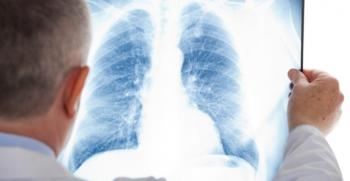
The novel coronavirus (COVID-19) is a virus that was first identified on January 13, 2020, as a result of research conducted in a group of patients who developed respiratory symptoms (fever, cough, shortness of breath) in Wuhan Province, China, in late December.
The outbreak was initially detected in those found in the seafood and animal market in this region. Later, it spread from person to person and spread to other cities in Hubei province, especially in Wuhan, other provinces of the People's Republic of China and other countries in the world.
Coronaviruses are a large family of viruses that can cause illness in animals or humans. In humans, several coronaviruses are known to cause respiratory infections, from the common cold to more severe diseases such as Middle East Respiratory Syndrome (MERS) and Severe Acute Respiratory Syndrome (SARS). The coronavirus disease is caused by COVID-19.
Although it has been reported that there may be asymptomatic cases, their rate is unknown. The most common symptoms are fever, cough and shortness of breath. In severe cases, pneumonia, severe respiratory failure, renal failure and death may develop.
It is transmitted by coughing and sneezing of sick individuals and inhaling droplets scattered in the environment. After touching surfaces contaminated with respiratory particles, the virus can also be taken by taking the hands to the face, eyes, nose or mouth without washing them. Contact with eyes, nose or mouth with dirty hands is risky.
Information so far regarding COVID-19 infection has shown that some people are at greater risk of getting sick and developing severe symptoms.
In children, the disease appears to be rare and mild.
No deaths have been observed in children so far.
There is limited scientific evidence regarding the severity of the disease in pregnant women who develop COVID-19 infection.
However, the available evidence indicates that the severity of illness among pregnant women after COVID-19 infection is similar to adult cases of COVID-19 who are not pregnant, and there are no data to suggest that infection with COVID-19 during pregnancy has an adverse effect on the fetus.
So far, there is no evidence that COVID-19 is transmitted from mother to baby during pregnancy.
Molecular tests required for the diagnosis of the new coronavirus are available in our country. Diagnostic testing is performed only in the National Virology Reference Laboratory of the General Directorate of Public Health and in designated Public Health Laboratories.
It is recommended not to travel abroad as much as possible. In cases where it is compulsory to go abroad, the following rules should be observed:
The basic principles recommended to reduce the overall risk of transmission of acute respiratory infections also apply to the Novel Coronavirus (COVID-19). These;
SOURCE: Ministry of Health